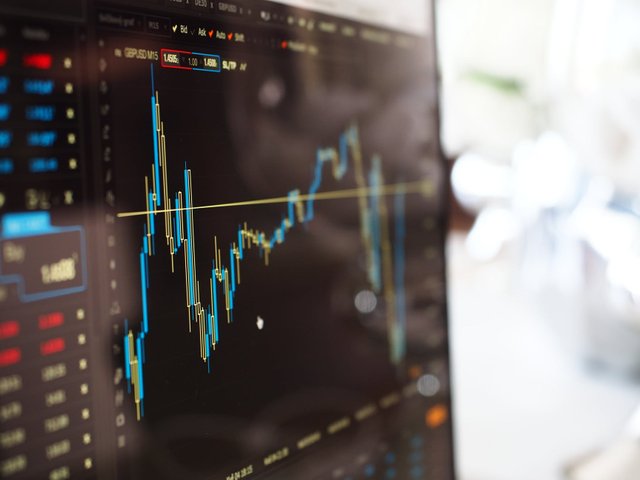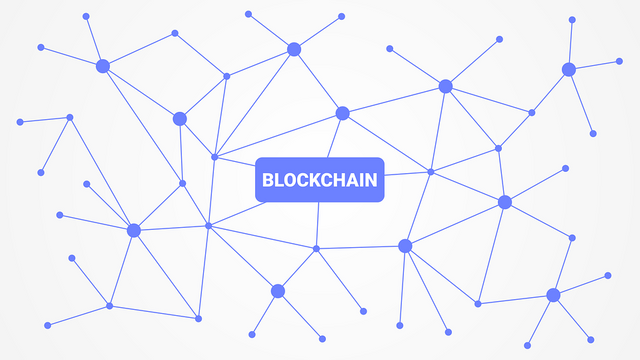A couple of weeks ago, the world woke up to another massive (maybe funniest) upsets in the stock market in recent times when the value of GameStop along with AMC and a few others shot through the roof, costing Wall Street executives Billions of Dollars in losses.

Photo by energepic.com from Pexels
If you are not familiar with the story, in summary, an army of amateur investors decided to take on multi-billion-dollar hedge funds like Melvin Capital by collectively buying into shares of companies like Gamestop which was being shorted causing their value to soar and costing the big guns a lot of money. Since this article is not about that particular incident, you can read about the story here on Independent
I only started with this story because as the free market ran riot, companies like Robinhood, which is who I'm interested in writing about also found themselves in uncomfortable positions. Robinhood for example came under serious scrutiny because they at one froze trades for GameStop. You can read more about the controversy on this CNET Article. My interest in Robinhood is because it is one of the major projects that are powered by Blockchain technology.

Source: Pixabay
If you're reading this without prior Blockchain knowledge, according to Euro Money Learning,
Blockchain is a system of recording information in a way that makes it difficult or impossible to change, hack, or cheat the system. A blockchain is essentially a digital ledger of transactions that is duplicated and distributed across the entire network of computer systems on the blockchain.
Blockchain has rapidly become mainstream because of its so many strengths including speed, higher security and its applicability across different aspects of human life.
Anyway, Robinhood (Robinhood Markets, Inc.) is a Silicon Valley fintech company, known for offering commission-free trades of stocks and exchange-traded funds via a mobile app introduced in March 2015. The company's revenue comes from three main sources: interest earned on customers' cash balances, selling order information to high-frequency traders and margin lending. - Source: Wikipedia In 2018, Robinhood started allowing its users to trade in cryptos

Photo by Andrew Neel from Pexels
Unfortunately, Robinhood is only available to users in the United States and so fledgling crypto enthusiasts like myself have not had the pleasure of exploring its commission-free (in trading, that's a huge thing) services.
While it started by offering its users easy trading services on stocks in companies RH began offering trading of Bitcoin and Ethereum to users in California, Massachusetts, Missouri, and Montana in February 2018. As a matter of fact, a few months prior to this move, Robinhood's Vlad Tenev, had discounted the possibility of introducing cryptocurrency trading on their platform.
How the tables turn ever so quickly on this "digiverse" of ours. In his own words...
cryptocurrencies had become the “first foray into investing and financial services to a large number of people.”
Robinhood is greaaaaaat because,
- IT IS FREE, extremely easy to use
- You don't need any minimum amount in order to create an account or to start trading.
- You can also buy Fractional Shares which basically means, imagine that you have your eye on #steem for example and steem had a share price of $300 per share, you can still buy $1 or $10 worth of shares of stem instead of being required to whip out the whole $300 needed to buy 1 full share.
Basically, RH will not turn you into Warren Buffet overnight, or teach you enough about what you need to know about trading or Blockchains and cryptocurrency, but it can help you start investing for free right away.
Blockchain is definitely taking us places. Touted as the future, it is very exciting to learn about and follow the growth and implementation of Blockchain technology across different industries. According to Robinhood,
"While blockchain advocates—both corporate and open-source inclined—envision a future ruled by code, there has been little progress aside from cryptocurrencies. To date, distributed file-sharing systems, decentralized (aka “self-sovereign”) identity systems, and blockchain-based music streaming platforms have not taken off. Still, as of July 2020, cryptocurrencies represent a combined market capitalization of more than $270 billion."
Best hop on the train before it's too late.
You can checkout a detailed review of Robinhood on NerdWallet but if you're looking for a streamlined trading platform or the ability to trade cryptocurrency quickly, don't hesitate to try out Robinhood as I jealously continue cracking my head to find a way of getting a US Social Security Number for myself. lol
Do you have any experience using Robinhood to share? do you have other examples of how companies are implementing blockchain technologies? Please don't hesitate to share in the comments section.
Thank you @yohan2on for inspiring me to write this article as it has been a great learning opportunity for me.
Downvoting a post can decrease pending rewards and make it less visible. Common reasons:
Submit
Very informative article. Thank you. Is Robinhood available for US only?
Downvoting a post can decrease pending rewards and make it less visible. Common reasons:
Submit
Thanks for reading @kezws
Yes, unfortunately, it is only available for the US at the moment. Hopefully they'll open up to the rest of the world with time.
Downvoting a post can decrease pending rewards and make it less visible. Common reasons:
Submit
@nforyembe thanks
Downvoting a post can decrease pending rewards and make it less visible. Common reasons:
Submit